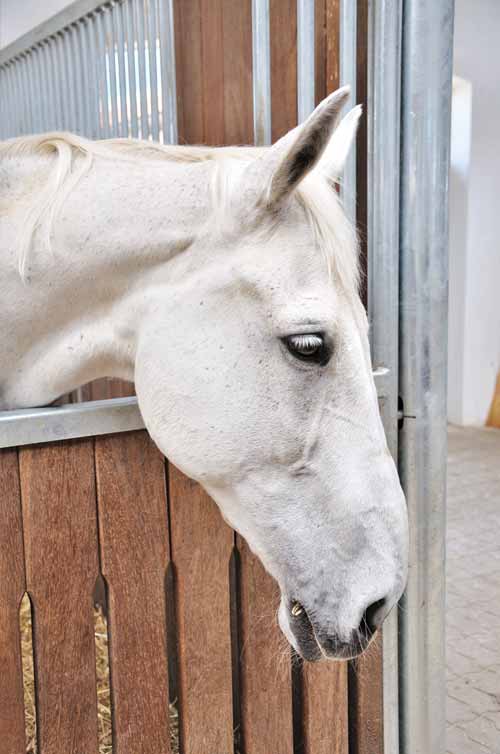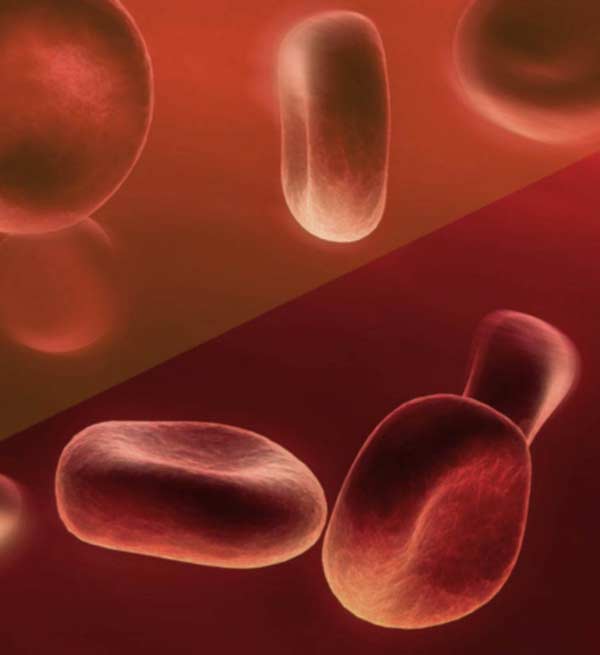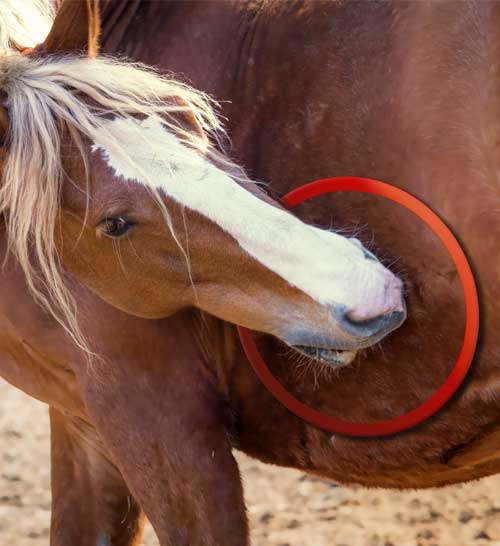Ulcers in Horse Racing

Since Marion Dupont-Scott did their classic ulcer study decades ago, showing that race horses tend to dump a lot of stomach acid at the break from the gate, Nutrient Buffer® has been one of the most widely used digestive aid buffering supplements for horses prior to stressful conditions. According to many prominent race track veterinarians, it helps horses race better.
Acid meters were implanted in the stomachs of racing horses to track the gastric acid secretion and found that horses dumped a quantity of acid just as they left the gate. Without food in the stomach to absorb that acid, you get a higher predisposition to ulcers.
Researchers have found that even by simply withholding hay and feed for just 12 hours can result in stomach lining erosions and gastric lesions that then likely progress into ulcers. It is common practice for race horse trainers to withhold feed and especially hay on race day, and that makes the predisposition to ulcers even more problematic.
-
Nutrient Buffer® dosed at just 60㏄ (¼ cup) prior to bitting up, can help the horse deal with this expected acid surge.
Nutrient Buffer® is not a drug, and since it passes through the body very easily, and does not direct biochemistry like H₂ blockers and proton pump inhibitors do, it will not fail a black box test. It is perfectly safe to use anytime, even on race day.
Nutrient Buffer® is recommended to be dosed just prior to bitting up for work, stressful handling, vet work, trailering, dental, etc. Your horse will show a noticeable difference in ease of handling and behavior within 5-10 minutes of dosing.
Although NSAIDs are not allowed to race on, often they are needed for training and injuries. All NSAIDs are known to produce ulcers even with just one dose. Nutrient Buffer® given through the day will help prevent ulcers related to NSAIDs use. Dose with 60㏄ (¼ cup) several times per day or as needed and you can try increasing to ⅓ cup for each feeding. If horses go off feed, dosing 60㏄ 5-10 minutes before feeding can help induce a horse to eat.
Our Untie® supplement is the recommended alternative to NSAIDs. It is safe and effective for long term use - even on race day.
You can purchase both Nutrient Buffer® and Untie® together, and learn more about our whole line of supplements and feed, on our Equine Plus® website.




